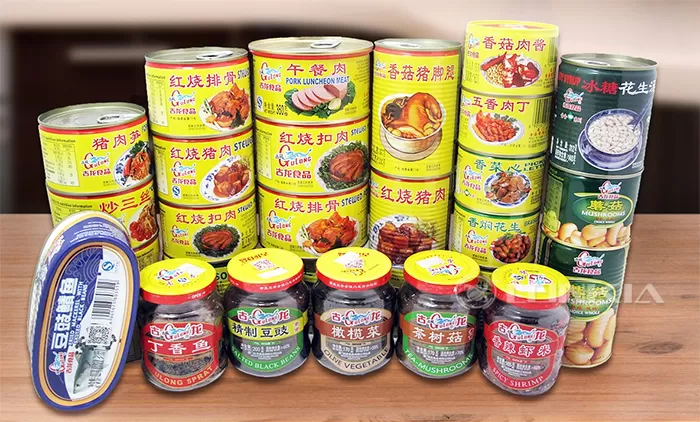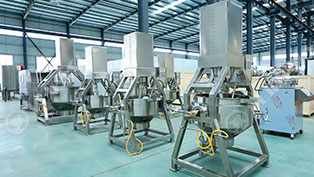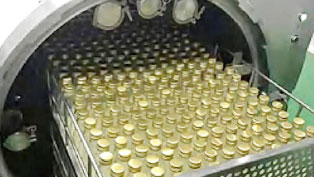The Water Spray Retort is a highly effective sterilization method commonly used in the canned food industry. By using a combination of pressurized hot water spray and steam, this system ensures that canned foods are safely sterilized while preserving their quality. Below, we highlight the key benefits of using a Water Spray Retort for canned foods.
1. Uniform Sterilization
One of the main advantages of a Water Spray Retort is its ability to provide consistent heat distribution. The pressurized water and steam penetrate the cans evenly, ensuring that the food inside is sterilized uniformly. This prevents areas of under- or over-cooking, which can affect the flavor and safety of the product. Consistent sterilization helps to maintain the freshness, texture, and nutritional value of the canned food.
2. Energy and Cost Efficiency
The Water Spray Retort is designed to be energy-efficient. Compared to traditional retort systems, it reduces water and energy consumption by optimizing heat transfer and minimizing heat loss. The result is shorter processing times and lower energy costs, making it a cost-effective solution for manufacturers.

3. Improved Shelf Life and Food Safety
The sterilization process in a Water Spray Retort eliminates harmful bacteria, extending the shelf life of canned foods. By thoroughly sterilizing the cans, the system ensures the food stays safe and free from microbial contamination. This extended shelf life helps canned foods remain fresh and ready for long-term storage without the need for artificial preservatives.
4. Preservation of Food Quality
A major benefit of the Water Spray Retort is its ability to preserve the quality of canned foods. By ensuring even heat distribution, it helps retain the food’s flavor, color, and texture. This results in a higher-quality product that meets consumer expectations for taste and appearance.
Conclusion
In conclusion, the Water Spray Retort offers numerous benefits for the canned food industry, including uniform sterilization, energy efficiency, improved shelf life, and preserved food quality. By investing in this advanced sterilization technology, manufacturers can improve product safety, reduce operational costs, and deliver high-quality canned foods to consumers.



